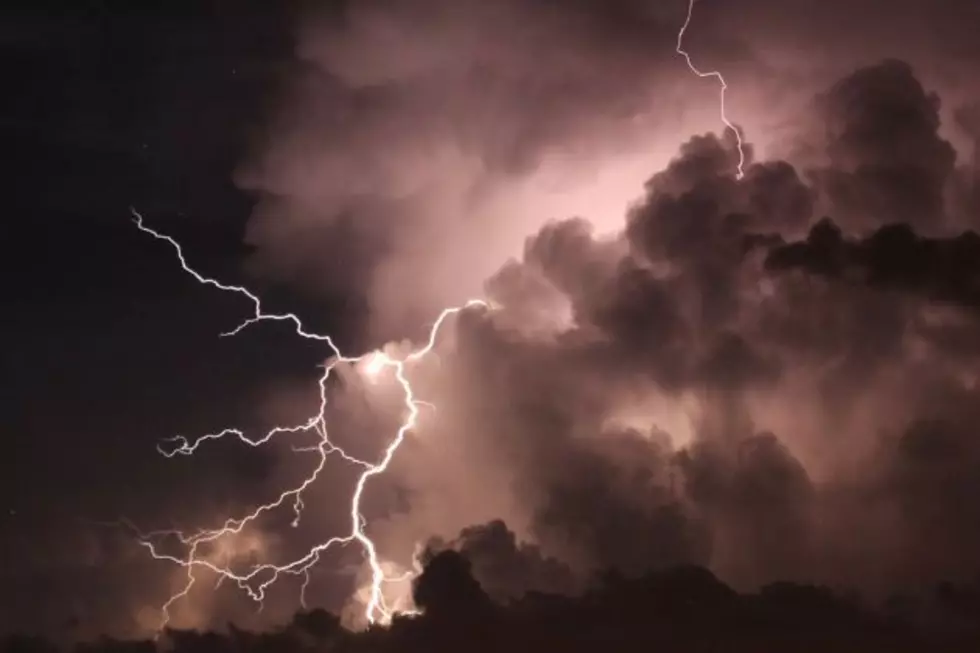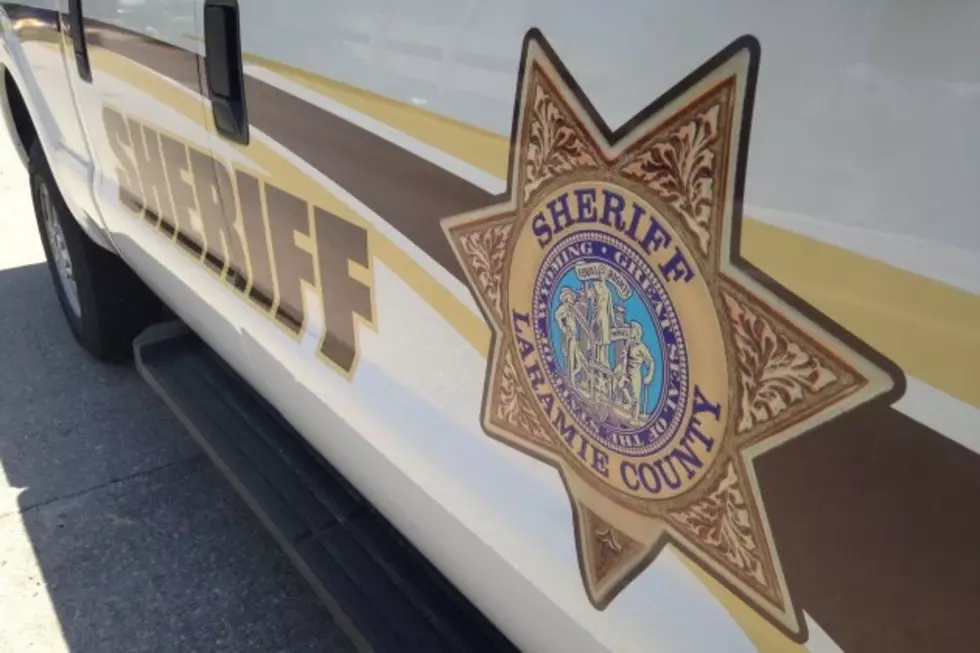
Wyoming GOP Governor Hopefuls Mostly Agree, Until The End Of Debate
The six Republican candidates for governor seeking their party's nomination on the Aug. 21 primary agreed on most issues, cited their unique qualifications, and one scorched three of them in her closing statement during a debate at Casper College on Wednesday.
They are Bill Dahlin of Sheridan, Foster Friess of Jackson, Sam Galeotos of Cheyenne, Mark Gordon of Buffalo, Harriet Hageman of Cheyenne, and Taylor Haynes of Laramie.
They extolled their Wyoming roots, their personal histories, qualifications and conservatism; said they supported Second Amendment rights, limited government, economic diversification and business; and intended to control state government spending, oppose new taxes and resist federal government overreach.
Some candidates emphasized what they believed were their unique positions.
Hageman, a Cheyenne attorney, said in her opening statement that she's driven 34,000 miles across the state in the only grass-roots campaign in the race, and vowed to return to the grass-roots matter in her closing statement.
Friess recounted his rise as one of the most influential investors of his generation according to Forbes magazine, starting with $800 when he left the Army to turn it into a $12 billion corporation.
Billion also was a word used by State Treasurer Gordon, who said he's managed and grown the state's portfolio by $5 billion.
He's also stood up to federal overreach, he said, a stance Haynes took even further.
Haynes called himself the only candidate who supports the U.S. Constitution. The nation has veered from its intention and the time when United States followed it to become the world's greatest economic and military power, he said. To guide Wyoming to the Constitution's intent, Haynes said he will have the state take control of most of the federal lands except the national parks and monuments, a move he said would yield $1 billion a year for the state.
Dahlin said he was the only candidate with a deep understanding of energy because of his involvement in the coal industry.
And Galeotos said he wanted to keep taxes low, the quality of life high, protect the energy industry, and create new jobs to stem the exodus of youth for better opportunities elsewhere.
They often invoked the low taxes-smaller government-fewer regulations-more jobs-economic diversification theme during their answers to questions.
For example, Wyoming Public Media news director Bob Beck posed this math question: "A three-person family with an income of 60,000 and a home valued at $200,000 pays roughly $3,050 in personal taxes and consumes roughly $28,570 in public services for a deficit of roughly $25,520. If Wyoming gains 10,000 such families in the next four years due to economic development efforts, the governmental operations deficit will increase by $250 million. What do you plan to do to address this problem?"
Galeotos and Haynes said they disagreed with the math.
Haynes said taking control of most federal lands -- with their mineral wealth -- in the state would pump at least $1 billion a year into the economy.
Galeotos added the question was a backdoor way to spark a decision about raising taxes.
Dahlin said Wyoming isn't being threatened by such an influx of people, adding the state needs to diversify the economy.
Gordon said he's seen this data and agrees with the math, adding part of the answer is to stimulate small businesses.
Friess said the state should harness its strengths of energy, tourism and agriculture.
Hageman said government needs to get out of the way of businesses so they can grow.
While they had their differences, the audience often cheered their candidates, the debate was civil, and the candidates summed their positions during their closing statements.
That is, until the end.
Hageman made good on her opening statement about conducting a grass-roots campaign, her knowledge of the state's legacy industries and legislative process, understanding natural resources, and her commitment to listen to Wyoming residents' concerns.
The debate, she said, highlighted some of the differences between her and some of the other candidates -- Friess, Gordon and Galeotos -- without mentioning them by name.
"In fact, we have a part-time Jackson jet-setter who vowed from the beginning that he was going to spend whatever it takes to buy this race, whether it's two, three or four million dollars," Hageman said. "But if he is successful in doing that, we will never again have a true grass-roots Wyomingite elected to high office in this state."
Wyoming is open for business, but it's not open for sale, she added.
Hageman then turned her tongue toward Gordon.
"A second candidate has never adequately explained why he gave money to Democrats John Kerry and John Edwards while they were running against George W. Bush and our own Dick Cheney," she said.
Finally, there was Galeotos, who has urged a move toward high tech business.
"And we have a third candidate who has a new model of doing business in Wyoming, that undermines our fossil fuel industries on the one hand while taking money on the other," she said.
The crowd mostly responded with cheers and applause, but a few jeered.
Moderator Roy Cohee, a former Wyoming Speaker of the House, immediately faced a juggling act.
"We thank you, but you have opened a box; are there any of the candidates who wish to respond," Cohee said. "You have 30 seconds to respond to that statement."
Gordon did, saying that no one on the stage has given more to Republican and conservative causes than he has and recited a litany of recipients.
The donations to Kerry and Edwards were in response to his disgust with what he saw the Bush administration was doing to the deficit, he said.
More From KGAB









